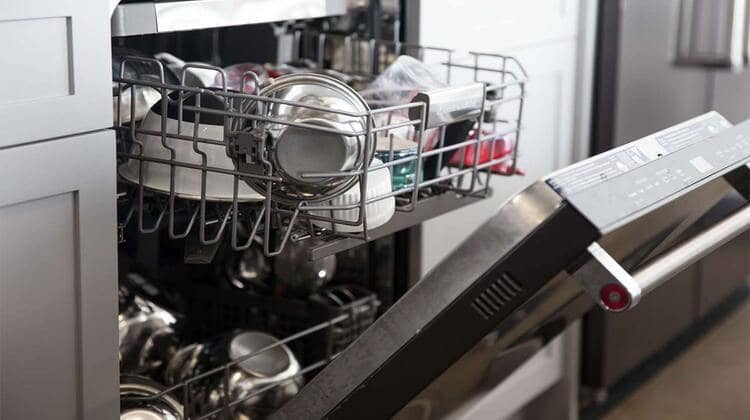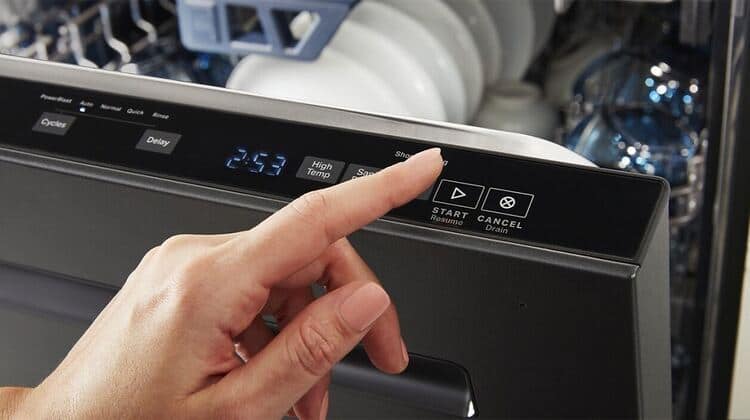Why My Dishwasher Not Dry Dishes?
Few things are as exasperating as removing freshly washed dishes from the dishwasher, only to find them dripping with water. While dishwashers typically have drying cycles, some may fall short in effectively drying dishes, leaving you with soggy results. If you’re facing the same issue, don’t worry! We’ll help you to get the right solution. Some possible Causes of Dish Drying:
1. Faulty Heating Element:
The heating element plays a pivotal role in drying dishes by generating the necessary heat. A malfunctioning heating element impedes the dishwasher’s ability to achieve optimal temperatures, resulting in inadequate drying. If suspecting a faulty heating element, prompt repair is advisable to restore the dishwasher’s functionality and efficiency.
2. Inefficient Loading:
Proper loading is essential for effective drying. Overcrowding the dishwasher hampers air circulation, preventing warm air from reaching all dishes. Ensuring a well-organized load allows for adequate exposure to heat, facilitating thorough drying during the cycle.

3. Cycle Selection:
Choosing the appropriate cycle is crucial for achieving the desired drying results. Certain cycles may omit or shorten the drying phase, leading to subpar outcomes. Reviewing the dishwasher’s available cycles and selecting one with a longer drying duration can enhance drying performance.
4. Blocked Vents:
Blocked vents impede steam dispersion, hindering the drying process and causing moisture to cling to dishes. Addressing vent blockages ensures proper airflow within the dishwasher, facilitating efficient drying. Promptly addressing faulty vents is recommended to prevent moisture-related issues.
5. Aging Dishwasher:
As dishwashers age, their efficiency diminishes, compromising performance. Older models, especially those over a decade old, are prone to mechanical wear and decreased functionality. If an aging dishwasher struggles with drying dishes despite troubleshooting, replacement may be a more cost-effective solution than extensive repairs.

6. Absence of Rinse Aid:
Rinse aid aids in reducing moisture within the dishwasher, facilitating optimal drying conditions. Its absence can impede the drying process, resulting in wet dishes. Incorporating rinse aid into the dishwasher cycle helps minimize moisture retention, enhancing drying efficiency.
Conclusion,
Resolving dishwasher drying issues requires identifying underlying causes and implementing appropriate solutions. Whether addressing mechanical faults, optimizing loading practices, or utilizing rinse aid, proactive measures can enhance drying performance and ensure consistently dry dishes post-cycle. By troubleshooting effectively, you can bid farewell to soggy dishes and enjoy the convenience of a fully functional dishwasher.



